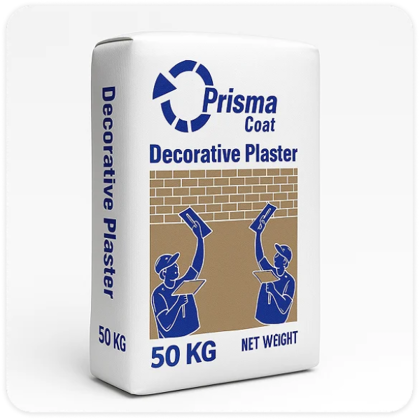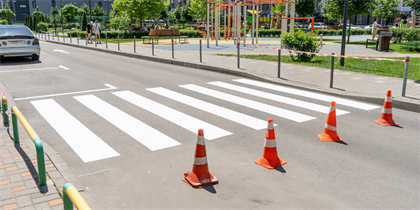
Many people assume that a closed or unoccupied house is protected from mold growth, but this is a misconception. Mold is a type of fungus that can grow virtually anywhere, including in locked, sealed, and uninhabited homes—especially when the right conditions are present. Molds should be inspected in closed houses.
How Mold Grows
Mold requires just a few key ingredients to thrive: moisture, warmth, a food source (like wood, drywall, or fabric), and time. When a house is closed up for a long period—whether for vacation, seasonal use, or abandonment—moisture can accumulate inside. Without proper ventilation, this moisture has nowhere to escape, creating an ideal environment for mold to develop.
Common Causes of Mold in Closed Houses
Humidity buildup: Even if windows and doors are shut tight, indoor humidity can rise due to trapped air and lack of ventilation.
Undetected leaks: Water leaks from roofs, pipes, or appliances can go unnoticed in unoccupied homes, contributing to damp conditions.
Condensation: In areas where temperatures fluctuate, condensation can form on walls, windows, and ceilings.
Flooding or water intrusion: If a house experiences flooding and is then closed up without proper drying, mold is almost guaranteed to grow.
Signs of Mold in a Closed House
Musty or earthy odor upon entry
Visible mold growth on walls, ceilings, or furniture
Peeling paint or wallpaper
Warped wood or discoloration on surfaces
Preventing Mold in Closed Homes
Use a dehumidifier or moisture absorber before closing the house.
Fix any known leaks and ensure plumbing is in good shape.
Keep the HVAC system on low or use a timer to run ventilation periodically.
Inspect the home periodically, even if it’s unoccupied.
Consider installing a smart humidity monitor that can alert you to rising moisture levels remotely.
Conclusion
Yes, mold can definitely grow in closed houses—sometimes even faster than in occupied ones due to stagnant air and unnoticed moisture. Homeowners should take preventive measures and monitor their properties regularly to avoid long-term damage and costly mold remediation.
You Might Like Also

Why Professional Industrial Parking Matters

Why Professional Industrial Parking Matters

Medical billing services: why is it important?

What is Decorative Coating?

The Role of Traffic Safety Equipment in Construction Zones














